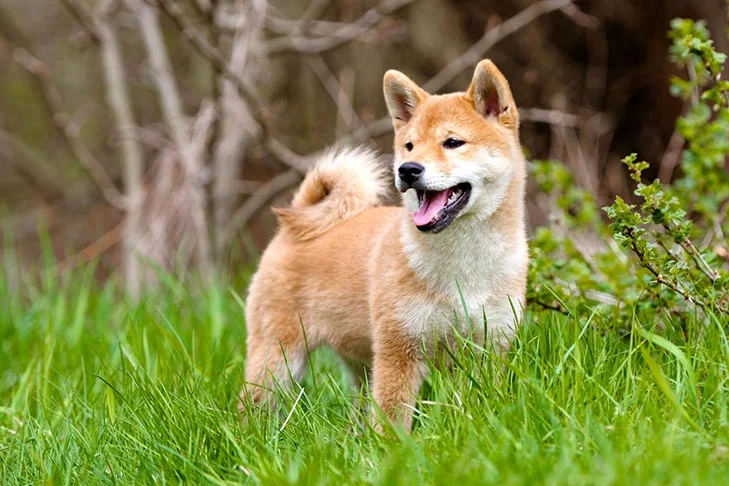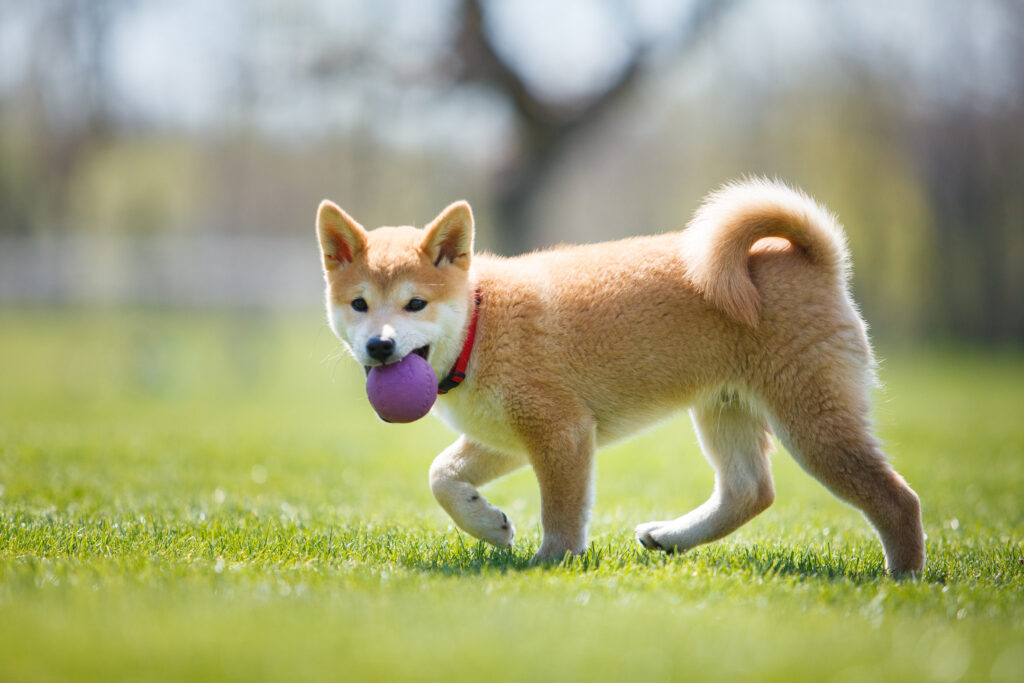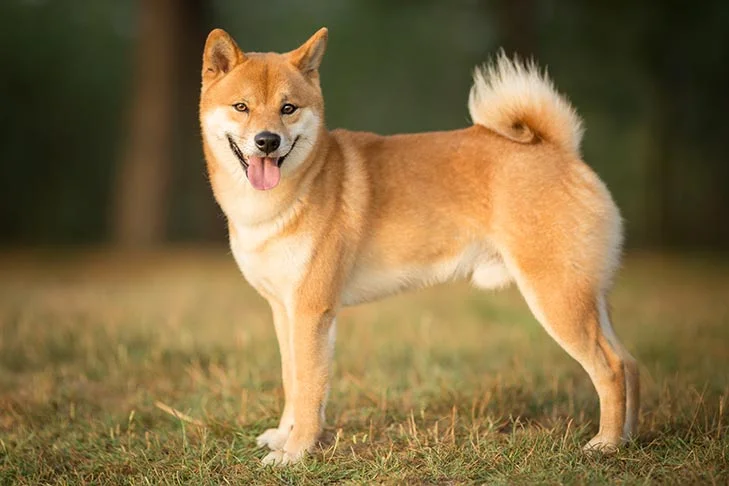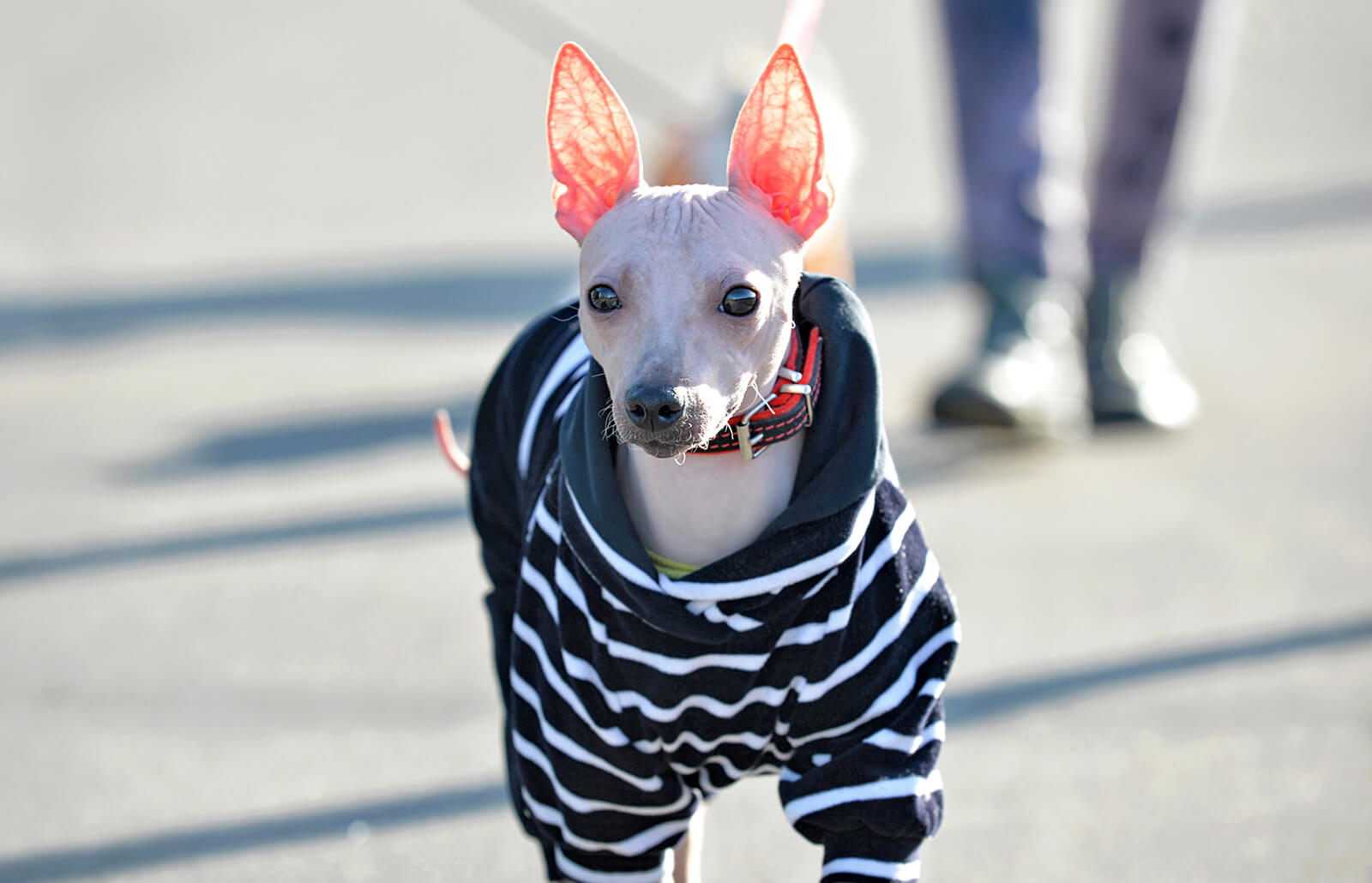Introduction
The Shiba Inu is a popular breed of dog known for their independent nature and bold personality. Originating from Japan, this breed was originally used for hunting small game and is now commonly kept as a companion animal. The Shiba Inu is a medium-sized dog with a distinct fox-like appearance, characterized by their thick fur and pointed ears. They are known for being clean, quiet, and loyal pets, although they can be quite stubborn and difficult to train at times.
Shiba Inu Temperament
Shiba Inus are known for their distinctive personality traits. They are intelligent, independent, and curious dogs that are loyal to their family. However, they can also be stubborn and strong-willed, which can make training a challenge. Shiba Inus are alert and make great watchdogs, but can be reserved or aloof with strangers. They have a high prey drive and may not be suitable for homes with smaller pets.
Aggression

While Shiba Inus are known for their independent and confident personalities, they can also display aggressive behavior if not properly socialized and trained. This breed has a strong prey drive and may exhibit aggression towards other dogs, animals, or even people if they feel threatened or scared. In some cases, aggression may also be a result of inadequate exercise, mental stimulation, or improper training methods. It’s important to note that aggressive behavior in Shiba Inus is not a breed-specific trait, and can be seen in any dog regardless of breed.
Health and Lifespan
The reported lifespan range of Shiba Inus is typically between 12-16 years. As with any breed, individual factors such as diet, exercise, and genetics can impact the lifespan of a Shiba Inu. Regular veterinary check-ups, a healthy diet, and appropriate exercise can help ensure your Shiba Inu lives a long and healthy life.
Food for Shiba Inu
Selecting the best food for your Shiba Inu is essential to ensure they maintain good health and a happy lifestyle. A high-quality dog food with balanced nutrition is crucial for your Shiba’s overall well-being. Look for a food that has real meat as the first ingredient, avoiding fillers and by-products. Shiba Inus tend to be sensitive to certain foods, so avoid foods that contain artificial preservatives, colors, or flavors. Consider your dog’s age, activity level, and weight when choosing their food. Some Shiba Inus may also benefit from a grain-free or limited ingredient diet if they have specific dietary needs or allergies.
Training for Shiba Inu

Training a Shiba Inu can be a rewarding but challenging experience. It’s important to start training early and use positive reinforcement techniques such as treats and praise. Shiba Inus can be stubborn, so consistency and patience are key. Focus on basic obedience commands such as “sit,” “stay,” “come,” and “heel,” and gradually increase the level of difficulty. Socialization is also important for Shiba Inus, so expose them to a variety of people, animals, and environments from a young age.
Conclusion
In conclusion, the Shiba Inu is a wonderful breed of dog known for their unique personality and striking appearance. These dogs are loyal, clean, and independent, making them great companions for individuals or families who have the time and patience to provide them with adequate exercise, training, and socialization. While Shiba Inus can display aggressive behavior if not properly trained, their overall temperament is generally friendly and affectionate towards their owners. When it comes to their diet, providing your Shiba Inu with a high-quality and well-balanced diet is essential for their overall health and well-being. If you’re considering adding a Shiba Inu to your family, be prepared for a loyal and playful companion who will bring joy and love into your home.



